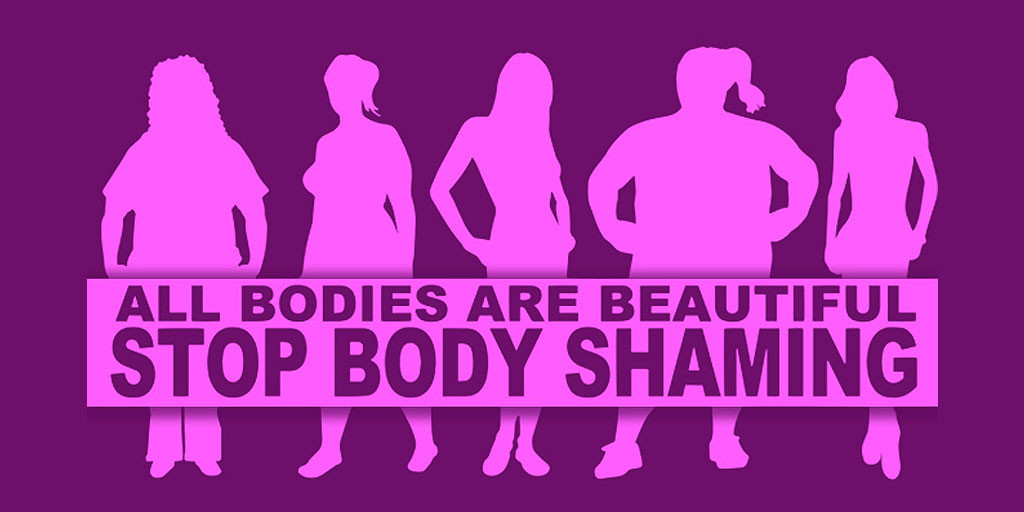Body Shaming Exaggerated by Social Media

Body Shaming Exaggerated by Social Media
- Khushi Adhikari
“You look so fat! Start eating less!” “You are a man, you should have muscular body and beard, or you look like a woman!”
These aren’t just a mere sentence but are the phrases that make us rethink every time we look at the mirror. It makes us insecure about our looks, our body structure, the way we present ourselves and many more. This is Body Shaming.
Body shaming is the act of subjecting someone to humiliation and criticism for their physical appearance. People who are overweight are excoriated for looking too fat and people who are underweight are subjected to being too skinny.
We all are vulnerable to body shaming on social media, a widespread occurrence of receiving cruel comment from others when our bodies fail to meet society’s unrealistic beauty standards. The fit inspiration giving tips on ‘How to lose or gain weight in 7 days’ makes us feel our body is imperfect and forces us to follow the tip deteriorating our own health. It is through social media platforms that we are unmasked to certain beauty standards, but it is also through their use that we are encouraged to follow cultural ideas of perfectionism. A feminine body is expected to have big breasts, thin waist and a plumpy hips whereas a masculine body is supposed to have a broader chest and a muscular body. This is a form of body shaming embedded in our culture. In this virtual world, the trend of using photo editing tools, best camera filters, angles and lightning, just to look so called ‘flawless’ is increasing for the sake of getting huge number of likes, comments and followers which is supposed to be marker of success and popularity.
Body shaming has huge mental and psychological effects. Body Dysmorphia is one of them where we feel insecure about our own appearance. Body Dysmorphic disorder (BDD) is a mental health disorder in which we can’t stop thinking about the ‘flaws’ in our appearance. Untreated BDD can lead to severe depression and suicidal thoughts. Eating disorders like anorexia nervosa or bulimia are another psychological problem where people restrict eating or exercise too much obsessing about the weight whereas some compulsories overeat and purge after doing so, causing greater health problems.
The only way of treating Body shaming is accepting the fact that ‘EVERY BODY IS BEAUTIFUL’, accepting the way we are and considering that everything on social media is not true. We all have different body types, and as long as our bodies are healthy and able to serve us, we should be grateful for our bodies because they help us survive. Regarding weight loss and weight gain, there is nothing wrong with trying to change some part of ourselves to boost our self-confidence and overall well-being, but our appearance should not be the basis of our self-worth. You don't have to lose or gain weight to be healthy, but you have to be healthy to lose or gain weight. Never let the comparison and other’s harsh words bring us down. If we see a pretty human on Instagram, be like, “Hey! They are beautiful, and so are we!” Because we are beautiful. No one is flawless. Everyone has flaws, and it is only our flaws that make us more beautiful.

